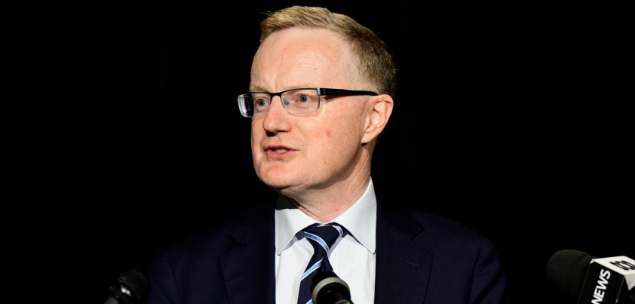The Reserve Bank says the economy could start to bounce back in the September quarter as government begins to ease coronavirus restrictions towards the middle of the year.
RBA Governor Philip Lowe said easing COVID-19 restrictions will undoubtedly help the economy, though moving too quickly could entrench an already disastrous decay in jobs, wages, inflation, and growth.
If the restrictions stay in place longer, or they have to be reimposed due to an unexpected increase in coronavirus cases, the recovery will be delayed and interrupted.
“In that case, the loss of incomes and jobs would be even more pronounced,” Dr Lowe said in a speech in Sydney on Tuesday.
Dr Lowe said a gradual easing of COVID-19 quarantine measures by the end of the year – except perhaps international travel – could plausibly set the economy up to grow by between 6.0 per cent to 7.0 per cent in 2021.
He expects GDP to fall by around 6.0 per cent in 2020 before bouncing back.
In his economic update Dr Lowe said even if restrictions are lifted soon, Australia should not be expecting to return quickly to business as usual.
He said consumer and business caution will likely persist even when restrictions are lifted.
“In the months ahead, we are likely to lose some businesses, despite best efforts, and some of these businesses will not reopen,” Dr Lowe said.
“We are all learning to work, shop and travel differently. Some of these changes will probably stay with us, requiring a rethinking of business models.”
Dr Lowe said Australia’s GDP is likely to fall by around 10 per cent in the first half of 2020, Dr Lowe said in Sydney, with most of this decline taking place in the June quarter.
The unemployment rate is likely to rise to around 10 per cent by June from 5.2 per cent in March and remain above 6.0 per cent for a couple of years.
Dr Lowe said the central bank was also expecting year-ended inflation during the June quarter to turn negative.
“The large fall in oil prices, combined with the introduction of free childcare and the deferral or reduction in some price increases mean that it is quite likely,” he said.
Economic data roll in over coming months will present a sobering picture of the state of the economy, Dr Lowe said.
“But as Australians digest this economic news, I would ask that we keep in mind that this period will pass, and that a bridge has been built to get us to the other side.”
“With the help of that bridge, we will recover and the economy will grow strongly again”.
Earlier, minutes from the RBA’s monthly meeting on April 7th showed board members agreed income support measures, such as the federal government’s JobKeeper program, would help cushion the COVID-19 blow for households, although business conditions and investment was deteriorating.
Related:
The Reserve Bank this month opted not to change the rate after two coronavirus-inspired cuts in March reduced the figure to a record low 0.25 per cent – where it is expected to remain for some time.
Keep up to date with our stories LinkedIn, Twitter, Facebook and Instagram.

